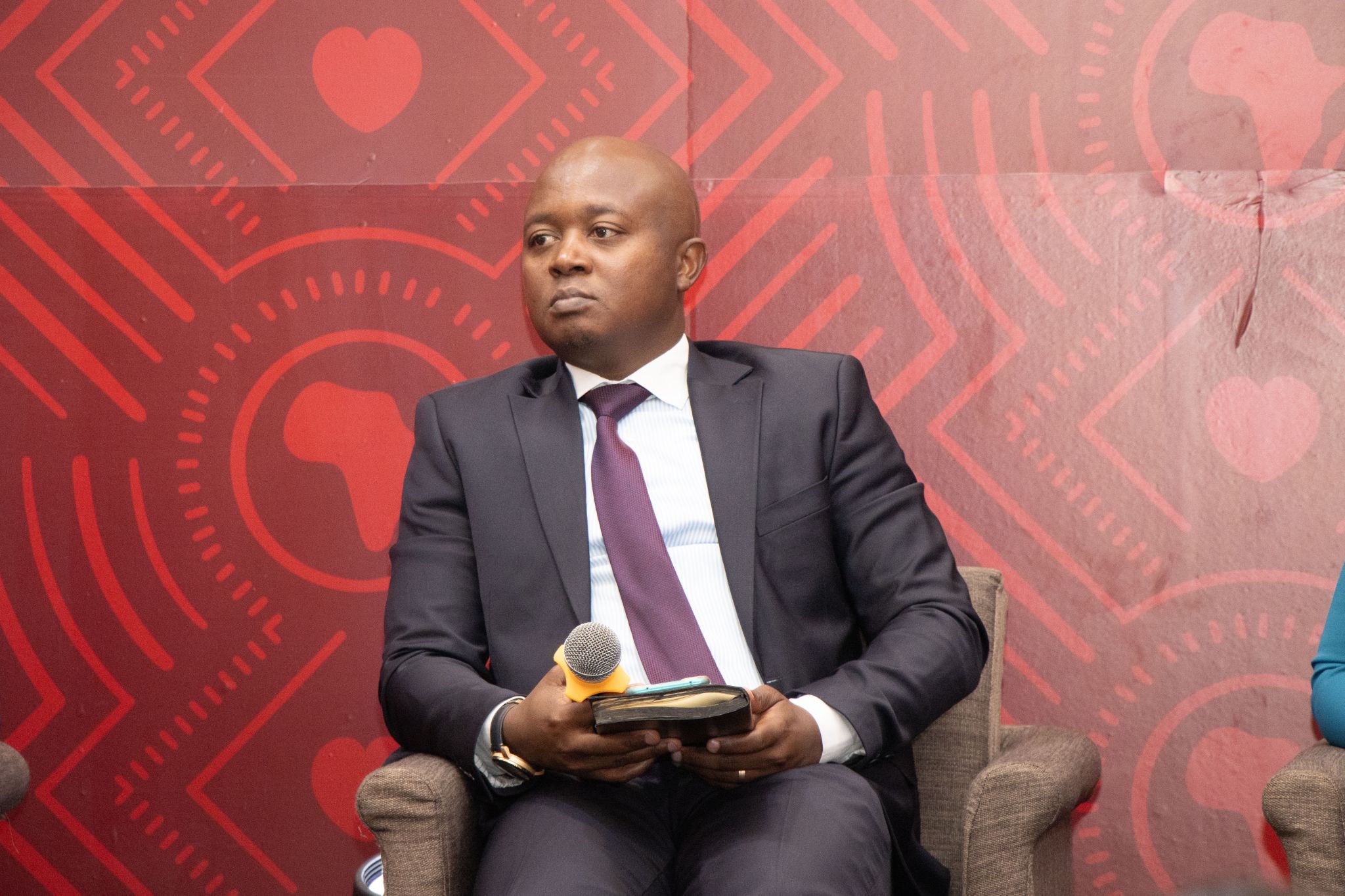By Vaishali Basu Sharma
Kenya's Jomo Kenyatta International Airport (JKIA) is poised for a significant transformation, with the Adani Group, one of India's largest conglomerates, taking over operations.
The airport has been facing a number of structural issues for the past few years from water leakages to frequent power outages.
In March this year, Adani Group submitted a privately initiated proposal (PIP) for a 30-year concession to expand and operate JKIA under a "build, operate and transfer" model.
The proposal has sparked unrest among Kenya Airport Authority (KAA) employees, who recently staged a strike over concerns about job security and the implications of Adam's involvement.
Read More
However, the Adani group has signalled flexibility and softened its position after the workers' standoff, announcing that all KAA employees will continue working under their current terms,
rather than resisting this change or throwing the baby out with the bathwater, it needs to be only tweaked or negotiated better to be embraced as a catalyst for development and economic growth.
Adani's investment in JKIA not only holds the potential to modernize critical infrastructure but also reflects a broader pattern of positive Indian investments across Africa, including Kenya.
Indian Legacy
For decades, Indian investments have contributed to Africa's economic growth, from the retail and hospitality industries to infrastructure and telecommunications.
Indian businesses have maintained a reputation for providing sustainable and socially conscious growth.
Companies like Tata, Bharti Airtel, and Mahindra have all made strides in building stronger ties with Africa, offering services and products that foster economic development, employment, and skill development.
In Kenya specifically, Indian businesses have played a crucial role in sectors such as healthcare and agriculture.
For example, Apollo Hospitals, one of India's largest healthcare providers, has set up joint ventures to improve access to healthcare services in the country.
Indian-owned tea plantations have long employed thousands of Kenyan workers, contributing to the rural economy.
This relationship has been symbiotic, where Indian companies bring expertise, capital, and employment opportunities to Kenyan communities.
Infrastructure Modernization
The Adani Group, a global powerhouse with vast experience in infrastructure, port management, and energy, offers Kenya a tremendous opportunity for modernization.
As part of its mandate, Adani has transformed multiple airports and ports in India into world-class facilities.
In places like Mumbai, Mundra, and Lucknow, Adani's investment has created state-of-the-art infrastructure, enhanced efficiency, and boosted tourism and trade.
At JKIA, Adani's involvement will likely bring an infusion of capital for long-needed upgrades, including the enhancement of runways, terminals, and cargo facilities.
A world-class airport is crucial for Kenya, which aims to position itself as the business and tourism hub of East Africa.
The improvements will boost the country's capacity to handle increased passenger traffic, strengthen trade links, and attract foreign investments.
This will result in long-term job creation through tourism, hospitality, and ancillary services.
Job Concerns
One of the primary concerns of protesters in Kenya has been the fear of job losses.
However, if we look at Adani's track record, the company has consistently been committed to creating jobs, not eliminating them.
In its port operations in India, Adani has not only employed local workers but has invested in skill development and training to ensure that employees are prepared for the modernization brought by new technologies.
In Kenya, Adani can adopt a similar approach.
By upgrading the airport's operations, it will create new roles in administration, logistics, and customer service.
Furthermore, Adani's interest in sustainability and green infrastructure could create opportunities in the renewable energy sector, which has significant potential for Kenya, With the right policies in place, a partnership between Adani and the Kenyan government could ensure that jobs are not just preserved but expanded in line with the country's growing economic ambitions.
Shared Growth
India and Africa share a long history of cultural and economic ties, with India emerging as a key partner in Africa's development trajectory.
Indian businesses have been valued for their collaborative approach, focusing on long-term, mutually beneficial relationships.
India's investments in Africa are not driven by short-term gains but by a vision of shared prosperity.
In fact, according to the Confederation of Indian Industry (CM), Indian businesses have created more than 600,000 jobs across Africa.
India has also emerged as a crucial partner in Africa's healthcare and technology sectors.
The Pan-African E-Network Project, initiated by India, is one such example, providing telemedicine and tele-education services to remote parts of Africa.
India's presence in Africa goes beyond economic interests, extending into education, healthcare, and capacity building, which has positively impacted the continent's human capital development.
My Conclusion
Adani's takeover of JKIA should be viewed not as a threat but as an opportunity for Kenya to leapfrog into a new era of economic development.
Past Indian investments in Kenya and across Africa have been instrumental in driving growth and fostering innovation, and Adani's presence will likely have similar positive outcomes.
Instead of focusing on fears of job loss, Kenyans should focus on the long-term benefits—better infrastructure, increased trade, enhanced tourism, and the creation of new jobs.
Kenya stands to gain tremendously from embracing this partnership with Adani.
The potential for modernization and economic progress is enormous, and with a focus on collaboration, Adani's investment will bring transformative benefits to Kenya and its people.
Vaishali Basu Sharma is an analyst on geopolitical and macroeconomic issues





-1753808187.jpeg)






